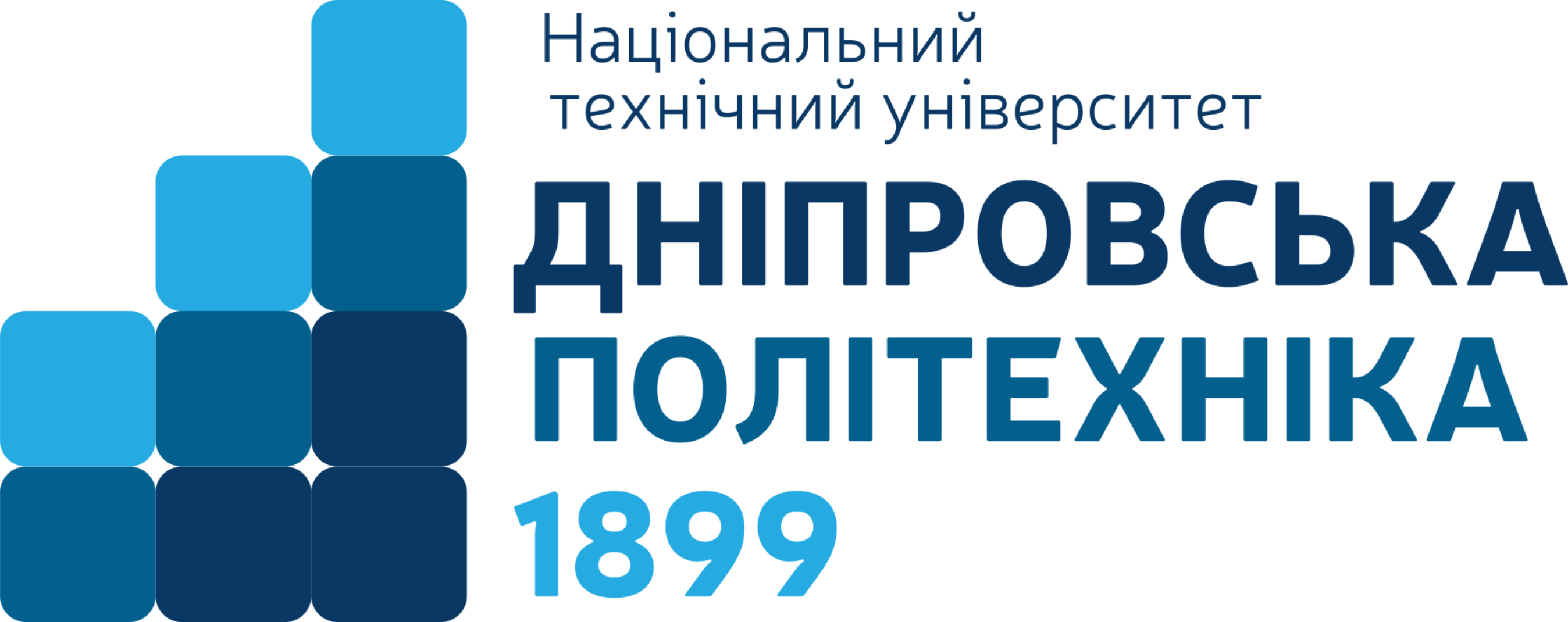POWERS OF SUBJECTS OF POWER OF CONCILIATION REGARDING RECONCILIATION OF THE PARTIES IN ADMINISTRATIVE JUDICIARY: DOMESTIC AND FOREIGN EXPERIENCE IN LEGAL REGULATION AND SOME PROSPECTS FOR IMPROVEMENT
DOI:
https://doi.org/10.32782/LST/2022-1-15Keywords:
administrative proceedings; conciliation of the parties in court proceedings; conciliation of the parties in the administrative proceedings of foreign countries; powers of subjects of power to reconcile; professional training of judges on mediation and conciliation.Abstract
Reconciliation of the parties in administrative proceedings is characterized by the following main features: 1) may be complete or partial; 2) occurs on the basis of mutual concessions of the parties; 3) is related exclusively to the rights and obligations of the parties with the possibility to go beyond the subject of the dispute, if such conditions of conciliation do not violate the rights or legally protected interests of third parties; 4) may not contradict the law or provide for going beyond the competence of the subject of power; 5) is the basis for the decision on the approval of the conditions of conciliation, which may be submitted for its enforcement. The purpose of the article is to reveal the powers of the subjects of power to reconcile the parties in administrative proceedings: domestic and foreign experience in legal regulation and some prospects for improvement. The realization of this goal involves solving a number of tasks: 1) the disclosure of foreign experience of the powers of the subjects of power to reconcile the parties in administrative proceedings; 2) identify the prospects for improving the powers of the subjects of power to reconcile the parties in administrative proceedings. Scientific novelty. Speaking about the improvement of conciliation procedures in administrative proceedings, it was noted that to expand the practice of conciliation of the parties in administrative proceedings, measures should be taken to eliminate some restraining factors, including the inability of government officials to achieve reconciliation. organization and functioning of the subject of power legal obstacles to reconciliation (lack of power to make power management decisions determined by the terms of conciliation, etc.) and mentality of public administration, which is not favorable for the development of power by the subject together with private mutually acceptable to them decision with taking responsibility for its content and proper implementation. Also, attempts to use conciliation procedures contrary to their purpose to artificially delay the trial or change the composition of the court or other procedural abuses should not be allowed. In conclusion, when considering ways to optimize the institutional and legal support of conciliation in administrative proceedings on the basis of positive foreign experience, it is necessary to determine the appropriateness of the parties' obligation to submit a draft court decision on which the parties have reached conciliation. to express opinions on sending judges to a training course on aspects of mediation and conciliation.
References
Сидєльніков О. Д. Інститут примирення сторін в адміністративному судочинстві : автореф. дис. … канд. юрид. наук. Харків, 2017. 21 с. 2. Кодекс адміністративного судочинства України: Закон України від. Дата оновлення: 1 січня 2022 року. URL: https://zakon.rada.gov.ua/laws/show/2747-15#n9921
International Association of Supreme Administrative 3. Jurisdictions. Alternative dispute resolution in administrative matters – Answers from the German Bundesverwaltungsgericht. 2016. URL: https://www.aihja. org/images/users/114/files/Germany_-_Report_2016_Germany-Repor2016.pdf.
United Kingdom Civil Procedure Rules of 1998 No. 3132. Status of 28 November 2019. URL: https:// www.justice.gov.uk/courts/procedure-rules/civil/rules
Judiciary for England and Wales. The Administrative Court Judicial Review Guide 2018. URL: https:// www.judiciary.uk/wp-content/uploads/2018/11/Admin_Court_JRG_2018_content_v3_web.pdf.
Kavalnė S., Saudargaitė I. Mediation in disputes between public authorities and private parties: comparative aspects. Jurisprudencija/Jurisprudence. 2011. 18 (1). p. 251-265.
Смокович М. Інститут врегулювання спору за участю судді потребує вдосконалення. Судово- юридична газета. 2019. URL: https://sud.ua/ru/news/publication/140687-institut-vregulyuvannya-sporu-zauchastyu- suddi-potrebuye-vdoskonalennya.
Михайлов О.М. Доцільність примирення у справах адміністративної юрисдикції: за і проти. Правові проблеми зміцнення української державності: матеріали Міжнар. наук.-практ. конф.: у 2 ч. 2011. Ч. 2. С. 77-80.
Kiełbowski M., Bartosiak A. Mediation in administrative proceedings. 2017. URL: http://www.codozasady. pl/en/mediation-in-administrative-proceedings/.
Красіловська З.В. Становлення інституту ме діації в системі публічного управління: теоретико- правовий аспект : автореф. дис. … канд. наук з держ. управління, спец. 25.00.01. Одеса, 2017. 20 с.
Противень С. Примирення сторін vs вирішення справи. Нова роль суду у вирішенні конфліктів. Інформаційно-аналітичний центр «ЛІГА». № 03. 2018. URL: http://uz.ligazakon.ua/ua/magazine_article/ EA011179.








